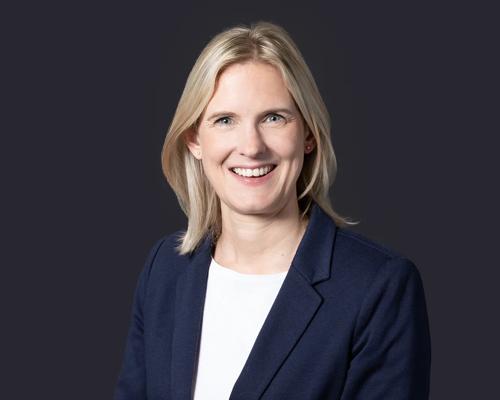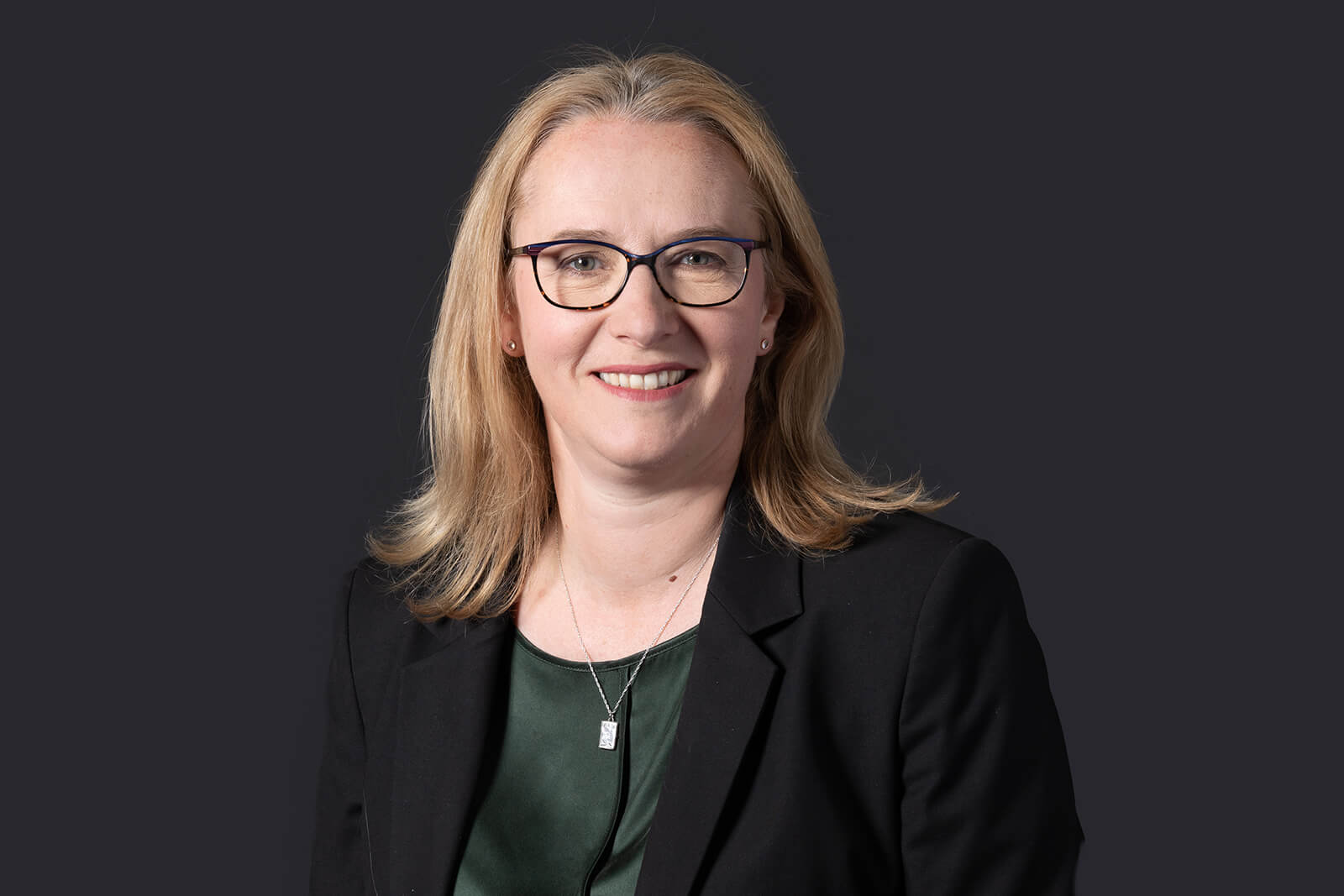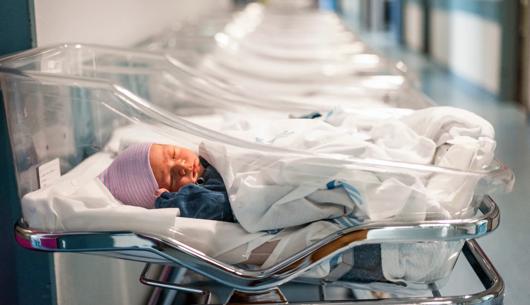
Safety and learning in healthcare
At Browne Jacobson, we’re passionate about patient safety. And we’re committed to supporting our healthcare clients so they can learn from adverse incidents in a meaningful way.
We’re ideally-placed to help clients identify and implement organisational learning whilst also connecting clients to facilitate opportunities to share learning across the system.
Our dedicated risk management team has a wealth of experience supporting you as you respond to patient safety incidents, the inquest process (including guidance on demonstrating organisational learning) and in resolving complaints and claims.
We are known for our practical commercially-relevant advice, grounded in deep sector expertise. We understand how important it is for healthcare providers to offer appropriate support to staff and to work in close partnership with clients, to help embed a just and learning-based culture, where staff are supported to raise concerns about safety.
Your aims and objectives are our priority and we arrange regular collaboration events, to share learning across organisations, provide quality assurance awareness for boards, and deliver practical training on topics such as consent (supported decision making), duty of candour, responding to complaints and preparing and writing patient safety incident investigation reports.
We can help your organisation take data from incidents, complaints, inquests and claims and undertake reviews using this data to provide insights into themes and help identify areas for improvement. We work hard to provide unique legal insights alongside clinical learning.
"Its legal teams and client care are of high calibre, and its cases carefully and thoroughly prepared."
Our expertise
Testimonials
"The team is very efficient at handling all aspects of healthcare defence including providing a range of respected experts and electronic case handling."
"A professional team with great knowledge and expertise which covers a range of different disciplines, working together to provide comprehensive advice."
Key contacts

Amelia Newbold
Risk Management Lead

Sian Brown
Partner






































